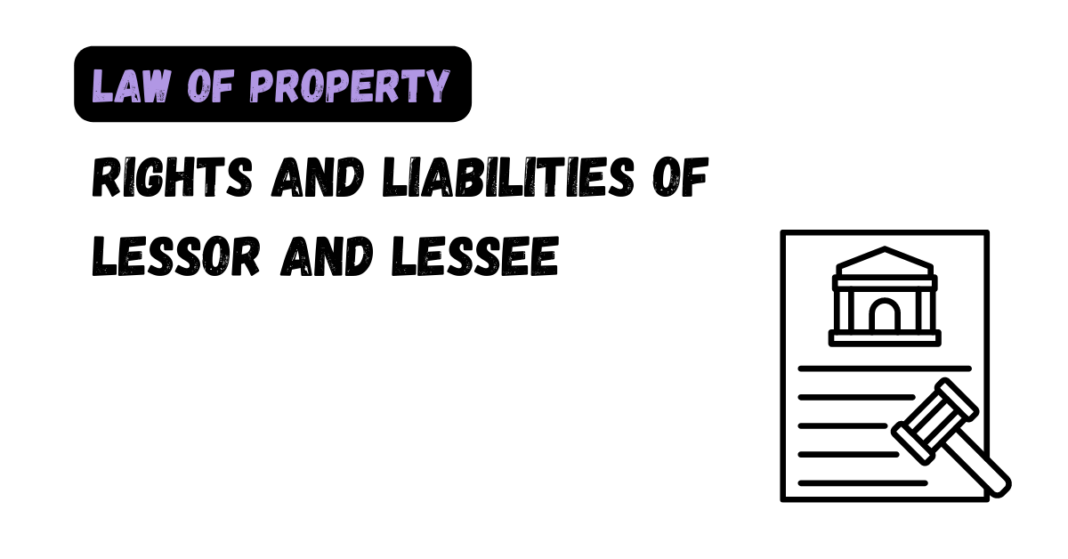Lessor and lessee are the two main parties involved in a lease agreement. The lessor is the owner of the property who leases or rents out the property to the lessee for a specified period, while the lessee is the person who rents the property from the lessor. Below are some of the key rights and liabilities of the lessor and lessee:
Rights of the Lessor
- Right to receive rent: The lessor has the right to receive the rent as per the terms of the lease agreement.
- Right to possession: The lessor has the right to possess the property once the lease agreement ends.
- Right to terminate the lease: The lessor has the right to terminate the lease agreement if the lessee violates any of the terms of the agreement.
Liabilities of the Lessor
- Liability for maintaining the property: The lessor is responsible for maintaining the property and ensuring that it is in good condition.
- Liability for disclosing defects: The lessor is liable for disclosing any known defects in the property to the lessee before the lease agreement is signed.
- Liability for returning the security deposit: The lessor is liable for returning the security deposit to the lessee at the end of the lease term, minus any deductions for damages or unpaid rent.
Rights of the Lessee
- Right to use the property: The lessee has the right to use the property for the purposes specified in the lease agreement.
- Right to quiet enjoyment: The lessee has the right to quiet enjoyment of the property without any interference from the lessor or any other party.
- Right to renew the lease: The lessee may have the right to renew the lease for a specified period if agreed upon in the lease agreement.
Liabilities of the Lessee
- Liabilities of the lessee:The lessee is liable to pay the rent as per the terms of the lease agreement.
- Liability for damages: The lessee is liable for any damages caused to the property during their tenancy.
- Liability to maintain the property: The lessee is responsible for maintaining the property and keeping it in good condition.





